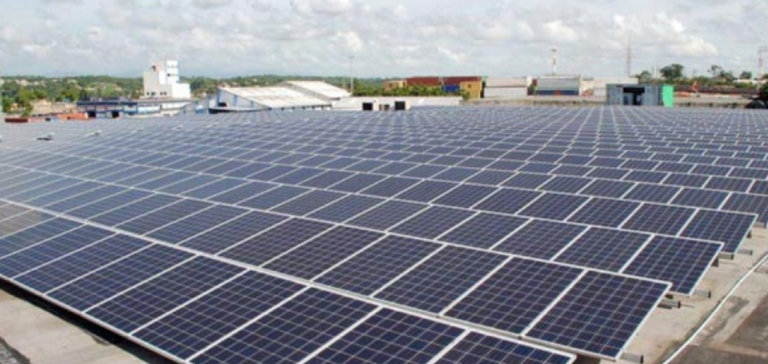Azerbaijan, a resource-rich nation, is firmly committed to a major energy transition. At the heart of this transformation is the adoption of renewable energies as a response to the challenges of the industrial revolution of the 21st century. The approach adopted by the country reflects an ambitious strategy to exploit the full potential of natural resources – wind, sun and water – in harmony with the environment.
Renewable energies as a lever for development
As a growing part of the national energy matrix, green energy is not only a vector for sustainable development, but also a way for the country to reassert its energy independence. This transition is in line with the UN’s Sustainable Development Goals for 2030, emphasizing a harmonious fusion between new technologies and people.
Ambitious goals for a sustainable future
With this in mind, the Azerbaijani government, under the leadership of President Ilham Aliyev, has established clear guidelines for increasing the share of renewable energies in the national energy mix. The goal is to reach 30% of installed capacity by 2030. This initiative is part of a broader national development framework, in which green growth and environmental preservation are priorities.
International Partnerships at the Heart of the Energy Transition
The Azerbaijan Renewable Energy Agency (AREA) emphasizes the importance of these energies in the current economic context. AREA estimates the economic potential of renewable energy sources at 27GW, divided between wind, solar, bioenergy and small hydroelectric power plants.
Green Energy Strategy Flagship Projects
In addition, Azerbaijan has signed agreements with international energy companies for green energy projects with a total capacity of over 28GW. Among these, the commissioning of the Garadagh solar power plant, the largest in the region, marks an important milestone. Built thanks to a $262 million investment by the Masdar company of the United Arab Emirates, this facility testifies to the country’s openness to foreign investment in this sector.
Post-conflict Transformation as an Opportunity for Green Growth
The inauguration of the Garadagh solar power plant in the presence of President Aliyev was also an opportunity to sign three investment agreements for green energy projects with a total capacity of 1,000MW. The contracts call for the construction of solar and wind power plants in various districts, strengthening the country’s green energy portfolio.
By reconquering its occupied territories, Azerbaijan is not only restoring its territorial integrity, it is also seizing the opportunity to reinvent itself. Indeed, the report mentions efforts to transform Garabagh, East Zangazur and Nakhchivan into green energy zones. As well as helping to combat climate change, these initiatives stimulate the development of the non-oil sector and strengthen the national economy.
Azerbaijan’s commitment to renewable energies symbolizes a strategic transition towards a sustainable future. Indeed, by combining technological advances, international cooperation and environmental initiatives, the country is setting itself up as a model of green energy development. This transition, while strengthening energy security, opens up new economic prospects and contributes to the global fight against climate change.






















